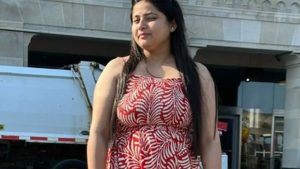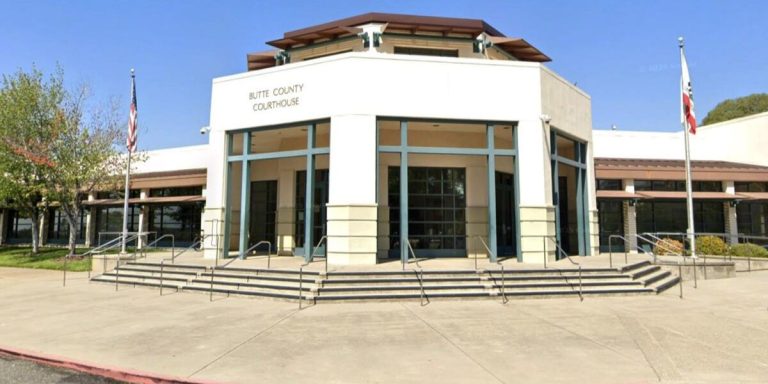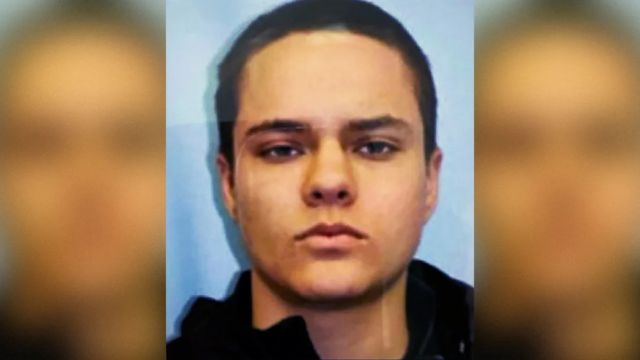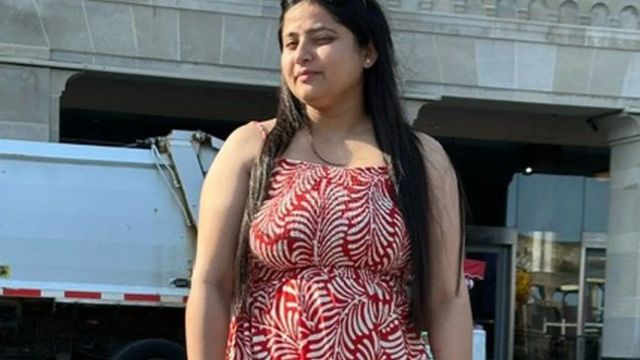Raleigh, North Carolina — A federal appeals court has temporarily barred North Carolina election officials from contacting voters whose disputed ballots in the unresolved 2024 state Supreme Court contest may be removed from the final count.
In a 2-1 decision, a panel of the 4th U.S. Circuit Court of Appeals in Richmond, Virginia, granted Democratic Associate Justice Allison Riggs’ stay request, which asked federal judges to overturn recent rulings by state appellate courts that largely favoured Republican challenger Jefferson Griffin’s requests to toss ballots that he challenged.
Democrats and voting rights organisations have expressed concern over Griffin’s efforts, calling them an attack on democracy that would serve as a blueprint for the GOP to reverse future election results in other states. The state Republican Party claims Griffin’s actions are aimed at ensuring that only lawful votes are counted.
The court’s ruling late Tuesday means that government election workers are barred — at least for the time being — from carrying out a procedure imposed by state justices who determined earlier this month that voters in two categories were ineligible. Most of these military or foreign voters would have 30 days after being notified formally to give further identifying information so that their race preferences may be included in the tally. Others would be unable to “cure” their ineligibility and would have their ballots withdrawn.
Riggs leads Griffin by just 734 votes out of more than 5.5 million ballots cast in the nation’s final undecided race from the November general election. The stay keeps these figures in place while Riggs and her friends petition a federal trial judge to find it illegal to remove any of these ballots from the totals.
After two recounts appeared to confirm Riggs’ victory, Griffin filed complaints shortly after the Nov. 5 election, which grew to include more than 65,000 ballots. According to court records, subsequent state court orders reduced the number to as few as 1,675 ballots, and maybe as many as 7,000. Actual totals are still being determined in state court. The fewer ballots that might potentially be eliminated, the more difficult it will be for Griffin to overtake Riggs.
Attorneys for Riggs and other groups seeking Tuesday’s stay told the 4th Circuit that without it, mailings to impacted voters would merely add to voter confusion, especially if federal courts later overturned the state court judgement.
The prevailing order from U.S. Circuit Judges Paul Niemeyer and Toby Heytens on Tuesday stated that granting a stay was appropriate while U.S. District Judge Richard Myers rules on claims by Riggs, the State Board of Elections, and others that the ballots cannot be cancelled under the United States Constitution and federal voting laws.
“We enjoin the North Carolina State Board of Elections from mailing any notice to any potentially affected voter pending the district court’s resolution of Riggs’ motion for a preliminary injunction,” the judge’s decree states.
In a dissenting opinion, Circuit Judge Marvin Quattlebaum Jr. stated that Myers made no error in previously directing that the state board not certify any outcome in the election while he evaluates legal concerns. Quattlebaum was appointed by President Donald Trump. President Joe Biden appointed Heytens, whereas President George H.W. Bush appointed Niemeyer.
Riggs campaign spokesperson Dory MacMillan stated that the motion halts “a confusing and burdensome cure process for ballots that had nothing wrong with them” and that “we’re confident that federal law prohibits these votes from being thrown out.”
Griffin’s lawyers contended that the stay request should have been refused, and that federal courts should uphold state court judgements that remove votes from ineligible voters.
“We expect the litigation of this case to continue for some time,” Griffin campaign spokesperson Paul Shumaker said Wednesday. “The ruling only further delays an outcome.”
One type of ballot that state appeals courts said should not be counted was cast by foreign voters who had never lived in the United States but whose parents were certified North Carolina residents.
The other banned category includes military or foreign voters who did not provide copies of picture identification or an ID exception form with their absentee ballot. Election authorities have been instructed to notify these voters and inform them that they can submit an ID copy or exception form within 30 days for their vote to be counted.
Griffin, a state Court of Appeals judge, and Riggs have not engaged in election-related court deliberations.












